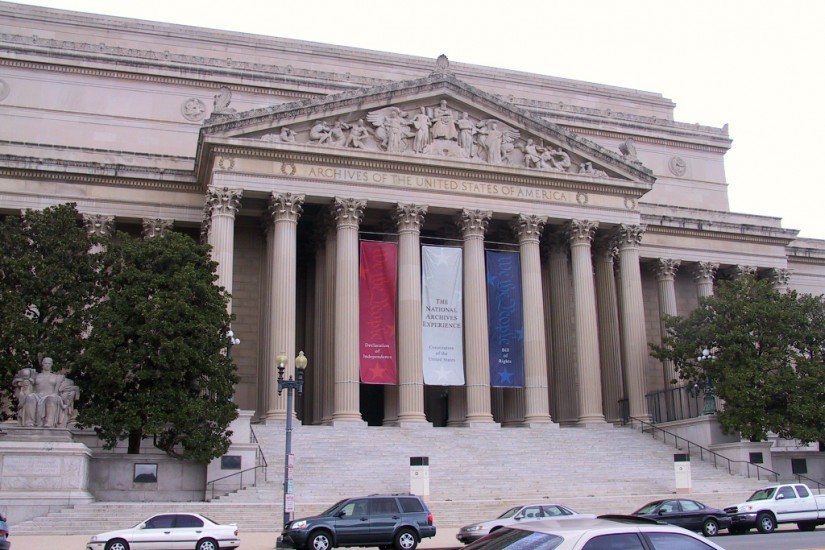Archivists are the great secret-keepers of history, caught in a negotiation between the past and future. Restrictions and withholding policies serve as their bargaining chip, allowing them to secure information about yesterday and keep it hidden from public view today, in order to ensure the release of once-classified information tomorrow. The sacrifices of the present, then, pave the way for the revelations of the future.
These details of the profession—in particular, withholding policies and their reversals—came into the spotlight this July, with the release of a now-infamous taped phone call between then-President Richard Nixon and then-Gov. Ronald Reagan in which Reagan uses racist language.
After an explosive piece in The Atlantic, which called attention to this finding, journalists drew comparisons between the casual racism of Nixon, Reagan, and Trump; Reagan’s daughter Patti Davis wrote about the tears she shed upon hearing the tape; and many pointed out, on social media and in thinkpieces, that Reagan’s racism is not, in fact, anything new, especially to Black Americans.
Buried within many of these stories was the fact that this tape was not a new discovery within the archives. It had belonged to the National Archives and Records Administration (NARA) for decades, but the full tape had previously been withheld from the public “to protect Reagan’s privacy,” said Tim Naftali, a Clinical Professor of Public Service at NYU and founding director of the Richard Nixon Presidential Library and Museum. A partial tape of the conversation had been released in 2000, with the racist portion withheld.
In 2018, Naftali filed a Freedom of Information Act (FOIA) request, asking NARA to re-review the tape; Reagan’s death in 2004 would have eliminated the previous privacy concerns. The complete tape was released online through the Nixon Library and shortly afterward, Naftali wrote a piece for The Atlantic that drew all eyes to its contents.
The release of the full tape raised questions about the power of the privacy exemption to FOIA, which bars researchers from gaining access to documents that would “constitute a clearly unwarranted invasion of personal privacy.” These terms remain broadly defined, allowing the exemption to be deployed in a range of circumstances, with varied outcomes for researchers. Nixon’s tapes pose particular challenges to researchers due to the Presidential Records Act of 1978, which shifted presidential records from private to public ownership in the wake of Nixon’s resignation; certain Nixon records remained private in the aftermath.
